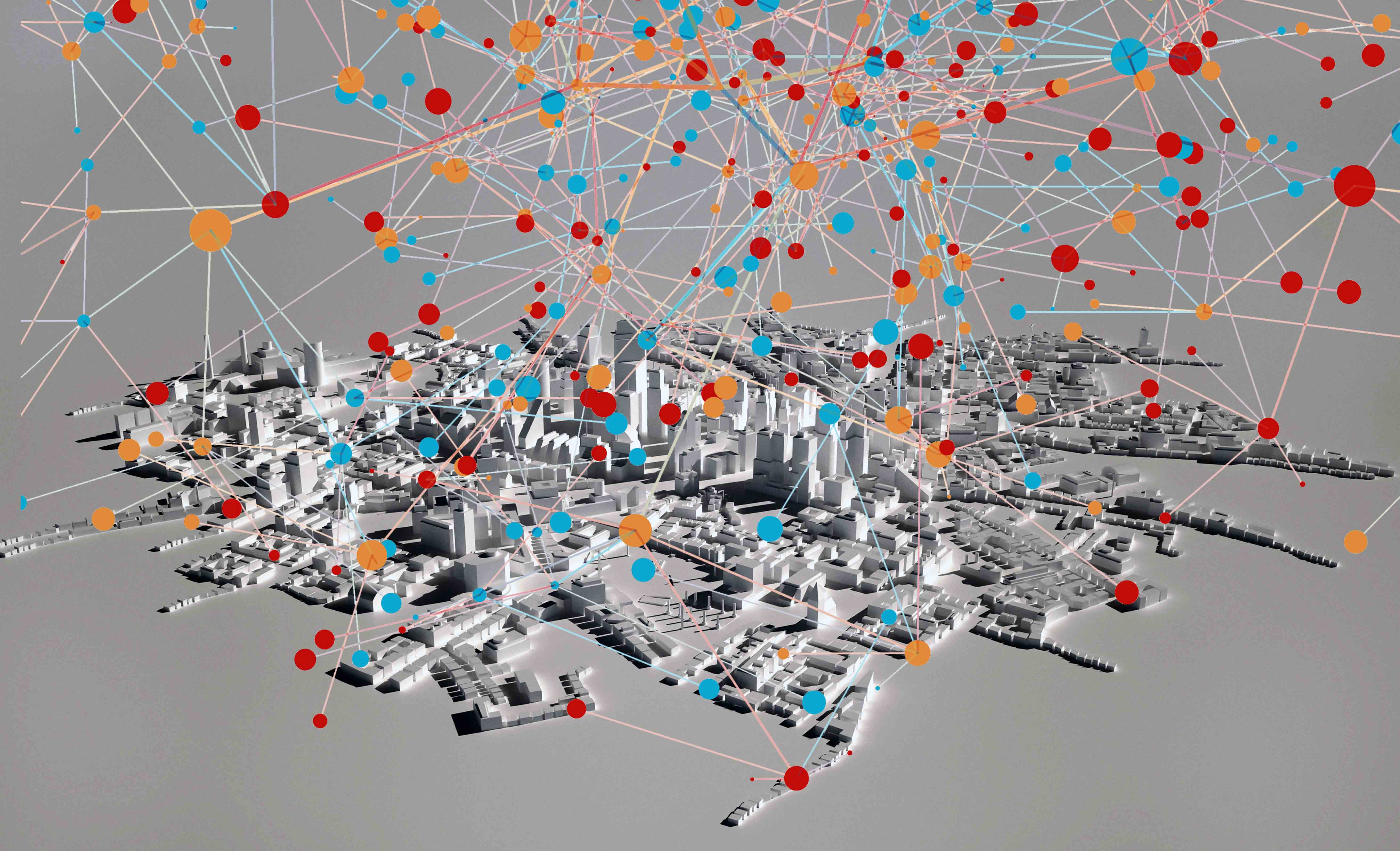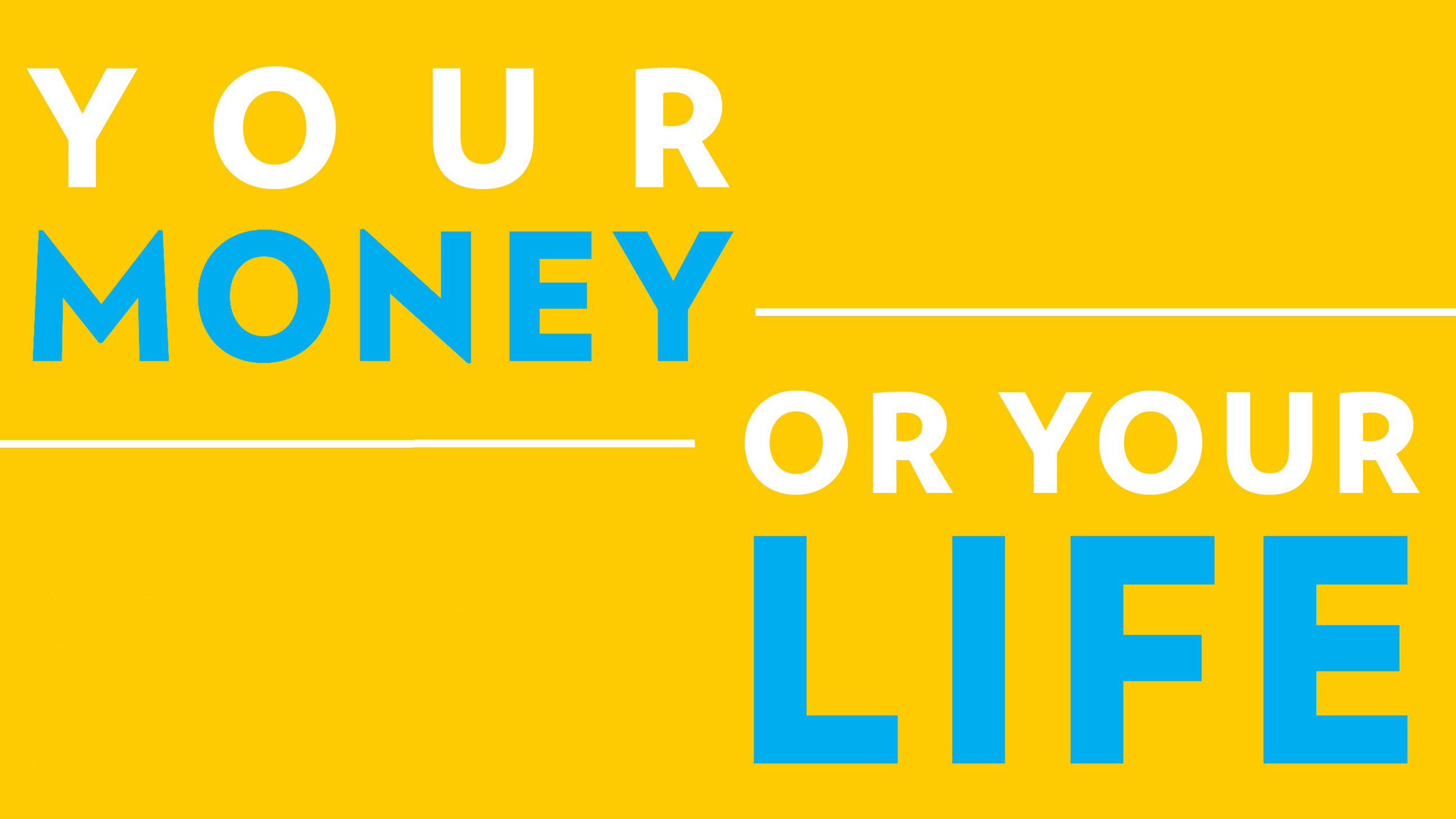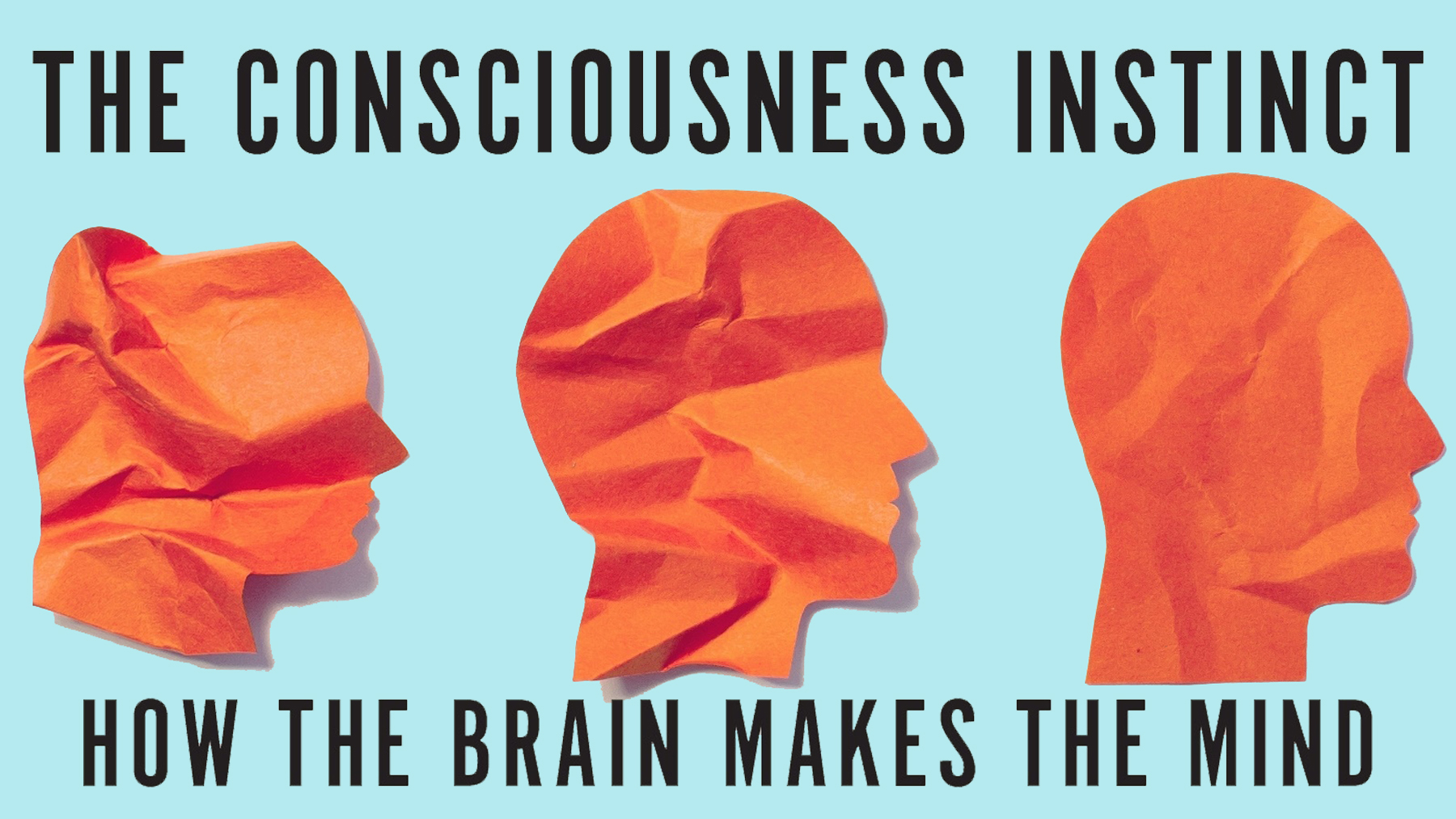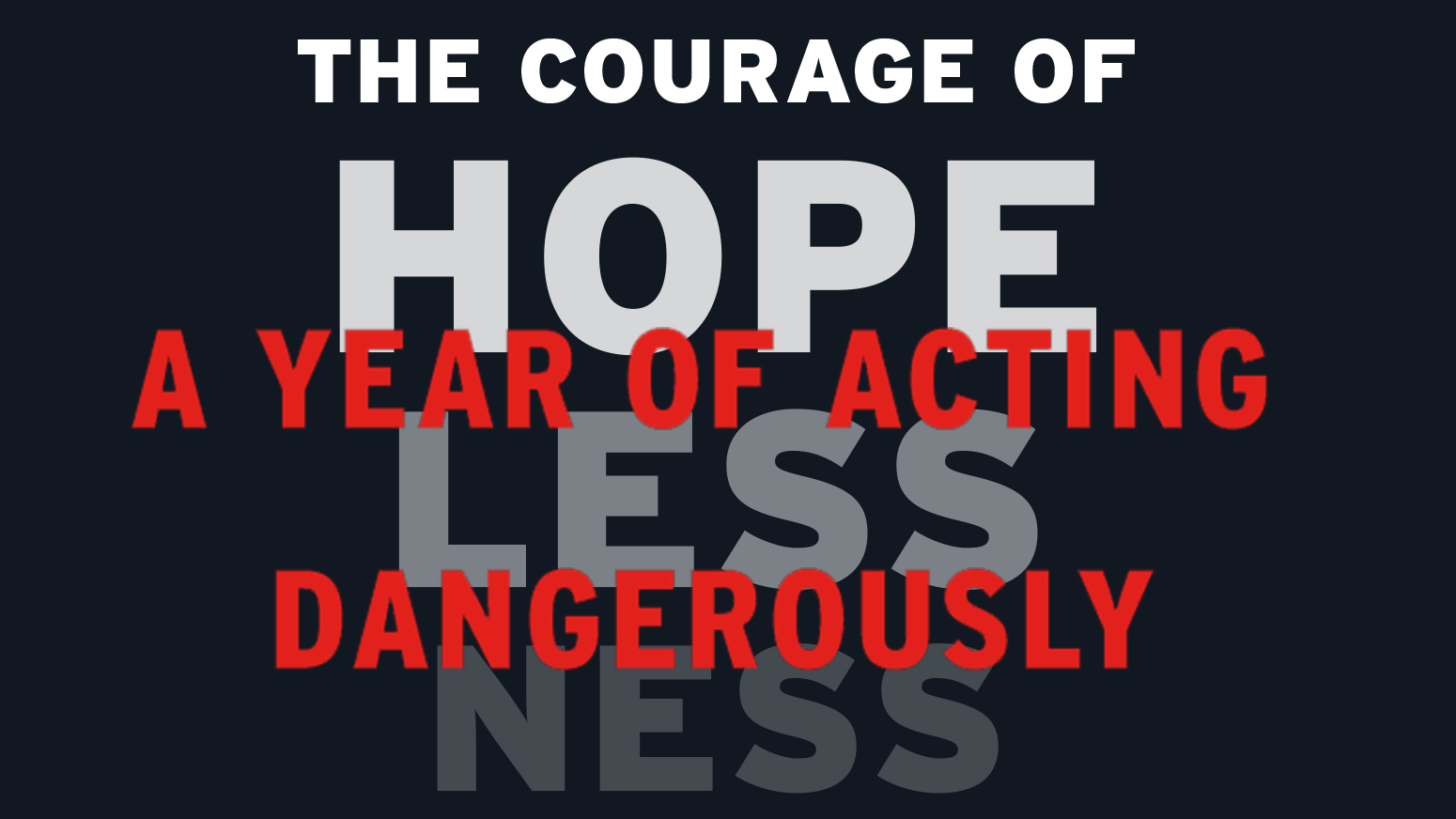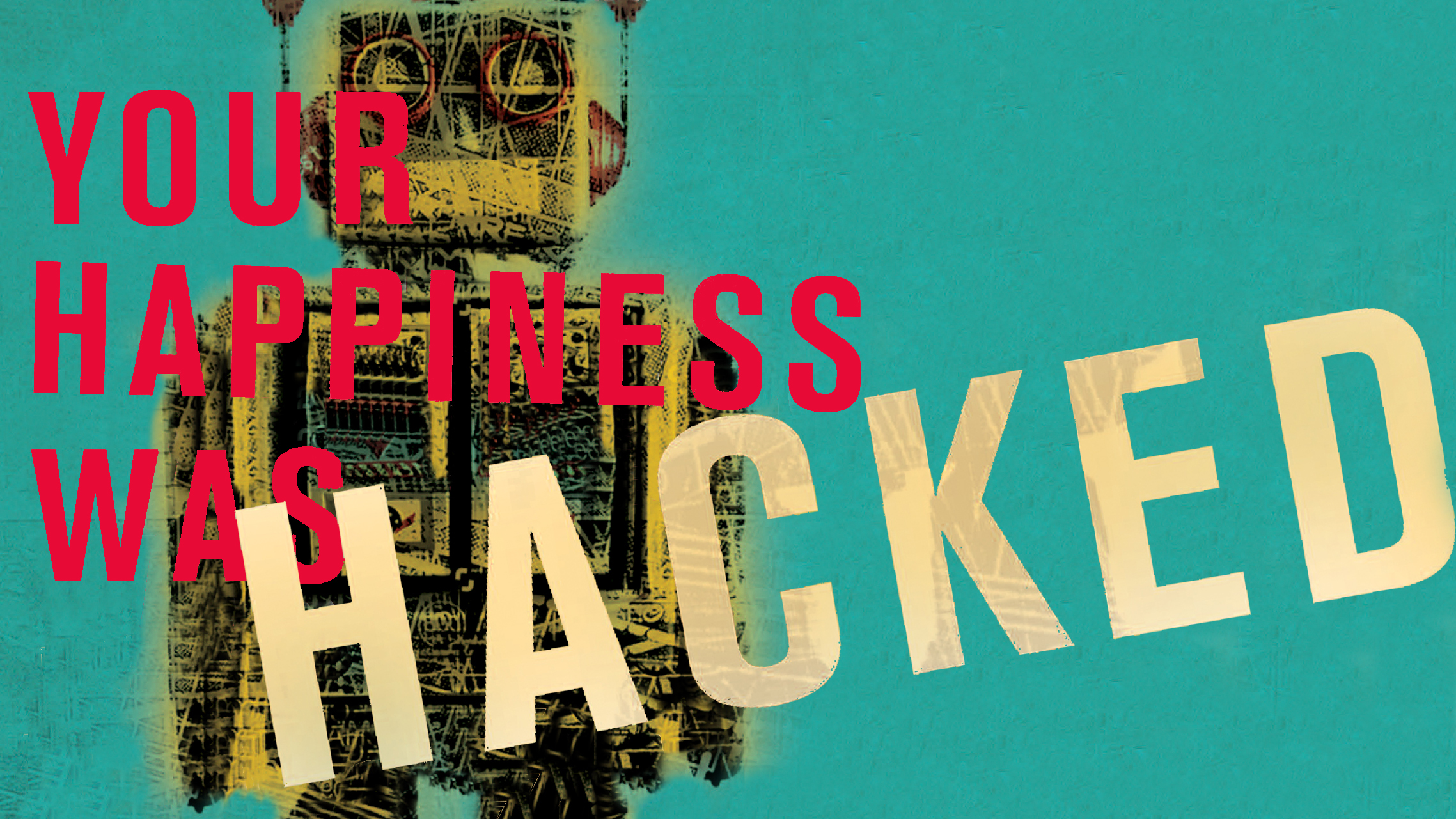Big Think Books
All Stories
What defines a dark horse? The all-important decision to pursue fulfillment and excellence.
Predictive policing introduces a scientific element to law enforcement decisions, such as whether to investigate or detain, how long to sentence, and whether to parole.
Over the years Christopher has spontaneously delivered many dozens of unforgettable lines. Here are four of them.
Are all those drunk animals on YouTube actually drunk? Zoologist Lucy Cooke examines what’s really going on when animals go, er, wild.
You need to have personality awareness to protect yourself from and deal with potentially high-conflict people on a regular basis without getting hooked by them.
As human beings we all must do some work for basic survival—but how much? Is there a “minimum daily requirement” of work?
We are discovering that the subtleties of our psychological lives are being managed by specific modules in our brains.
Elastic thinking is what endows us with the ability to solve novel problems and to overcome the neural and psychological barriers that can impede us from looking beyond the existing order.
Today, we are in the golden age of meltdowns. More and more of our systems are in the danger zone, but our ability to manage them hasn’t quite caught up.
In line with his own ingrained assumptions, the standard ones of Victorian England, Darwin maintained that female inferiority is an inescapable consequence of nature.
A college degree is still a well-trodden path to relative financial success. Even so, a college degree is no longer a guarantee of a secure job, or of any job at all.
“Nice and in control: the twin peaks of a good reputation…But since we are riddled with contradiction, this is not a simple story.”
“Global capitalism and local traditions are no longer opposites, they are on the same side,” says Slavoj Zizek. The traditions of anti-capitalist protest are upended by this fact.
“Our kids are ‘wired’ for control. Our role as adults is not to force them to follow the track we’ve laid out for them; it’s to help them develop the skills to find their own way…”
“The starting point for understanding inequality in the context of human progress is to recognize that income inequality is not a fundamental component of well-being.”
“Obviously, technology product and app designers seek to entice us to use their products. Few designers, however, are worried about the adverse effects of encouraging overuse.”
What explains our propensity to blame the victim, even in cases of sexual assault and rape? A true story of sexual crime in America reveals some key misunderstandings we may all hold.
“Buddhist psychology and Western psychotherapy both hold out hope for a more flexible ego, one that does not pit the individual against everyone else in a futile attempt to gain total surety.”
“At times, it seems as if we are condemned to try to understand our own time with conceptual frameworks more than half a century old.” Historian Niall Ferguson says it’s time for an update.
Like any stereotype, there are some elements of truth in all of them, but they oversimplify reality and create a lot of roadblocks to healthy collaboration.
Emotions are the language of the unconscious, and in day-to-day life, they prevent us from sinking beneath an overwhelming flood of information.
Cheating is deeply embedded in everyday life. Part of the problem is that many individuals fail to see such behavior as a problem.

